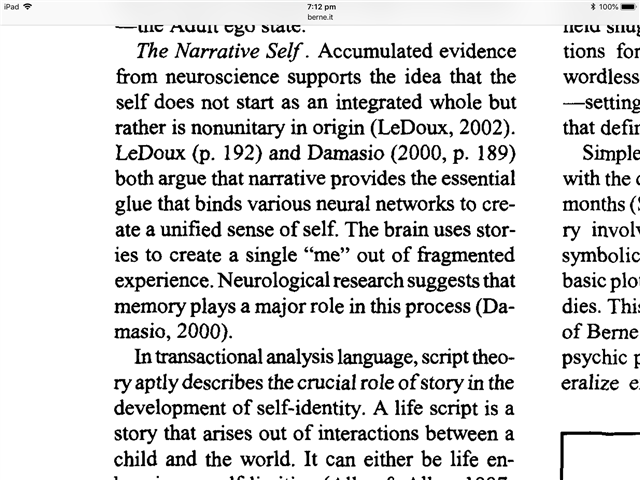https://www.ncbi.nlm.nih.gov/pmc/articles/PMC5509825/
Masks / Camouflage / Performance art etc, call it what you will but after many years of "fitting in" - as a partner, mother, employee, daughter, sister, sibling, citizen it is possible to successfully drop the mask completely and does everyone mask to a certain extent. But, what happens when it becomes detrimental and shift has got to happen in order to save yourself?
"..... two key motivations for camouflaging; assimilation and connection. This suggests that camouflaging behaviours come from multiple sources. They may be internally driven by the individual to accomplish specific goals such as friendships, but they may also be produced as a response to external demands placed on how a person should behave in society. The differential influence of each of these motivations varies between individuals, but our findings suggest that people are strongly motivated by wanting to avoid discrimination and negative responses from others."
Do you even remember or know who your true self is or has ever been?
But think of the risks? Feeling more exposed, vulnerable, being feeling duped - "so you just "played a role" all of these years. What if they don't like the true you? The saying goes "you can bend a twig but not a branch...after so many years is it feasible to re-set self and start again?
And there, lies the rub, did you mask due to self preservation or just due to a fear of rejection and being outcast from society?
So question: Is it possible to drop the mask? Is that too extreme, or is it just better to find small pockets in life to "be" (you know, when everyone has gone to bed and no one is watching)? Why did we learn to mask in the first place?




